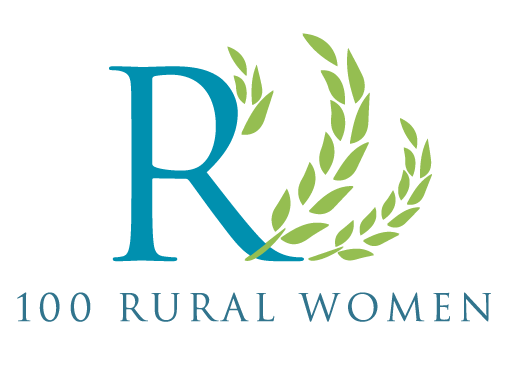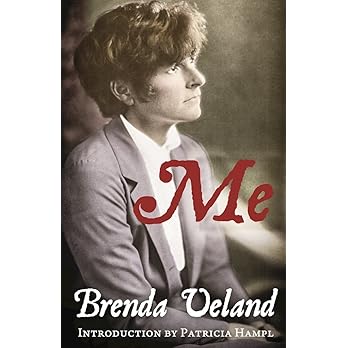Wednesday, January 8th @7:00PM CT
About The Book
About The Author
Quotes by the Author
“Everybody is talented because everybody who is human has something to express.”
“When we are listened to, it creates us, makes us unfold and expand. Ideas actually begin to grow within us and come to life.”
Discussion Questions:
- How does Ueland define creativity in Me: A Memoir? Do you agree with her belief that everyone has creative potential? Why or why not?
- As a woman in the early 20th century, Ueland reflects on the challenges she faced as a writer and how she was often judged or limited by society’s expectations of women. What do you think of her experiences and how she addresses gender? Do you think her perspective still feels relevant today?
- Throughout the memoir, Ueland talks about the important influence of teachers, mentors, and others who encouraged her to be creative. How did her mentors shape her ideas about writing and creativity?
Have you ever had a mentor who helped shape your own creativity? - Do you think that Ueland’s attitude toward self-doubt and creativity could apply to other areas of life, not just writing? How can we apply her lessons about creative freedom to personal or professional growth?
- How does Ueland’s memoir differ from other memoirs you’ve read, especially those written by women or creative people? What does her perspective bring?
View past and future books from the Reading Room.



